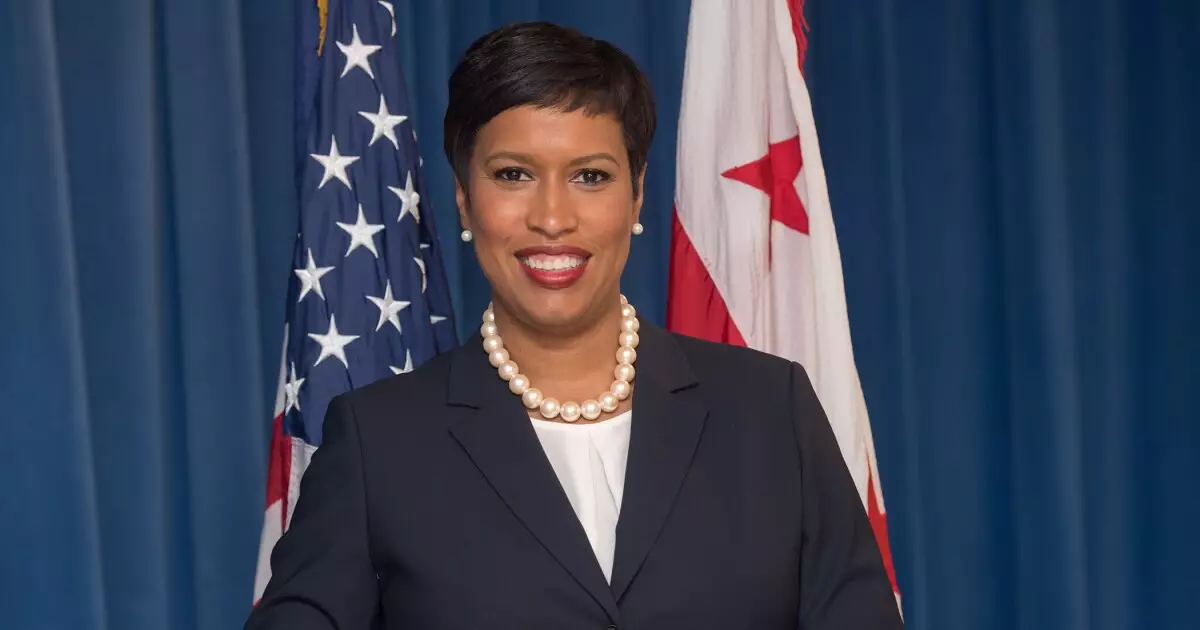The potential transfer of ownership of the deteriorating RFK stadium site from the federal government to the District of Columbia is currently at a standstill. Despite efforts from major players in the deal, such as the National Football League’s Washington Commanders, the progress seems to be halted just two yards away from the goal line. The focus on the upcoming election has diverted attention from moving the deal forward. Josh Harris, the managing partner of the Washington Commanders, emphasized that significant legislative processes would need to be set in motion during the lame duck session, making any immediate progress unrealistic.
The Washington Commanders, previously known as the Washington Redskins, have expressed a strong desire to return the team to Washington, D.C. The current home venue in Landover, Maryland, where they are contracted to play until 2027, does not seem to be a long-term solution. The team’s ownership seeks alternatives and has shown interest in the RFK stadium site, a location with historical significance for both players and fans.
The District of Columbia has been eager to welcome back the Commanders, but rebuilding the stadium on federally owned land poses a significant challenge. The existing lease agreement will end in 2038, prompting the need for crucial decisions to be made by both the city and the team. Despite bipartisan support in Congress for the transfer of the 174-acre site, known as the “D.C. Robert F. Kennedy Memorial Stadium Campus Revitalization Act,” progress has been slow. The bill passed through the House but has been stalled in the Senate, delaying any concrete steps towards transferring ownership.
Washington D.C. has a history of leveraging public finance to upgrade sports venues, evident in the deal that brought Major League Baseball’s Washington Nationals to the city in 2005. The construction of a new stadium in 2008 was partly funded by a $534 million bond issuance. This background sets a precedent for the potential revitalization of the RFK stadium site and aligns with the city’s active efforts to maintain and improve sports facilities.
The recent conflict involving Virginia’s governor’s proposal to relocate the NBA’s Wizards and NHL’s Capitals to a new facility in Virginia highlights the competitive regional dynamics in sports infrastructure development. The support from both sides of the aisle in Congress for the RFK stadium transfer indicates a potential bipartisan consensus on the importance of revitalizing the site. Mayor Muriel Bowser’s emphasis on the central location, accessibility, and emotional significance of the stadium further underscores the city’s commitment to bringing back the Commanders.
The stalled transfer deal for the RFK stadium site reflects the intricate intersection of politics, history, and public investment in sports infrastructure. While challenges persist in the legislative process and financial considerations, the potential benefits of revitalizing the site for the city of Washington, D.C., and the Washington Commanders signal a promising path forward. As stakeholders navigate the complexities of transferring ownership and rebuilding the stadium, the shared goal of reinvigorating a historical sports landmark remains a driving force in this ongoing process.

